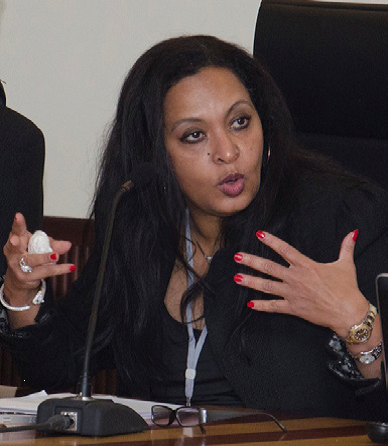This workshop focuses on the historic, economic and sociopolitical ties that bind GCC with Africa. Although historical developments constitute an important component of understanding the two regions, this research workshop encompasses current issues such as African migrants in the GCC states, GCC investment in Africa in multiple projects including agricultural land, migrant labor, the influences of remittances to home communities, Qatari influence in dispute resolution in Darfur, Zanzibari identity in the Sultanate of Oman, and hereditary illnesses related to ethnic identity.
3 DAYS / 12 Workshops
MORE THAN 300 ACADEMIC PAPERS
The rapidly changing character of the GCC states and their relations with Africa has captured the interest of scholars hailing from a variety of disciplinary backgrounds such as anthropology, history, sociology and comparative politics. Topics pertaining to 2 cultural, political and economic institutions have come to figure centrally in representations of the region and its location within national, international and transnational contexts. The important effects of globalization and technology and the marked proliferation of mass media and communication have created opportunities for analyzing the powerful patterns and processes that shaped the interactions of African societies with their Gulf counterparts to some extent in recent times. However, past relations of the Gulf and Africa are also worthy of note in historicizing this link. Alan Villiers’ Sons of Sindbad: An Account of Sailing with the Arabs in their Dhows, in the Red Sea, round the Coasts of Arabia, and Zanizbar and Tanganyika (1940) brought wide public awareness regarding encounters between the Kuwaitis who sailed to the coast of Eastern Africa and interacted with the populations of Mombasa, Lamu, Kwale Islands of Zanzibar and the Rufji Delta from where sailors acquired massive amounts of mangrove, used back then for building, from Swahili farmers. Villiers described the daily lives of Gulf sailors with African populations in these islands in interactions that spanned months and even years. In contextualization of the past of Gulf-Africa relations, a lot can be gleaned from Michael Peel’s “Africa and the Gulf,” (published in 2013, Survival: Global Politics and Strategy, 55:4, 143-154) in which he argues:
The Gulf’s socio-economic relations with sub-Saharan Africa date back millennia. According to one theory, the first migration of people out of Africa 60,000 years ago was across the Bab al-Mandab strait that separates Djibouti and Eritrea from Yemen in the Arabian Peninsula. Artefacts from the ancient kingdom of Mesopotamia show a trading relationship thousands of years old. Centuries ago, the Sultanate of Muscat, in modern-day-Oman, ruled Zanzibar and adjacent sections of the East African Coast. There are cultural affinities between the Gulf and sub-Sahara Africa through Islam - there are more than 50 million Muslims in Nigeria alone - and languages such as Swahili in East Africa, which includes many words derived from Arabic (2013).
These sociocultural dynamics both in the past and present will be dealt with in depth in
this workshop.

